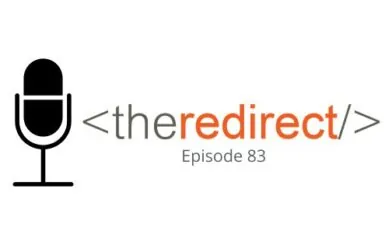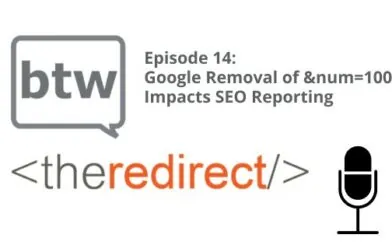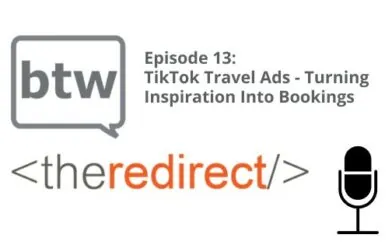In what some in the industry might define as one of the most important algorithm updates to happen in a number of years, Google’s Helpful Content Update, which was announced recently, could start to cull the content herd that shows up in the SERPs – and truthfully… we’re here for it, but we also have a very unique approach when it comes to search and content development. Simply put… Google is getting tired of expensing their bandwidth on content that isn’t getting to what and why the user is searching.
What is the Google Helpful Content Update?
First, this is not a core algorithm update. Google has come right out and fully disclosed that this update aims at helping them “tackle content that seems to have been primarily created for ranking well in search engines rather than to help or inform people.” While it is not uncommon of a practice to develop content that is going to rank well in search – after all, we are search engine optimization specialists for a reason, but it might have a more drastic impact on others when it comes to crafting content strategies.
What Industries will be Impacted the Most?
Following a similar trend to many of the major algorithm updates in recent years by the search giant, Google has outlined that while it’s targeting content that is unoriginal and low-quality – it should help those within the entertainment space, online education, shopping and those involved with tech-related content. Those segments alone are still pretty vague and perhaps a better breakdown of each looks something like this:
Entertainment Industry:
While Google highlights the movie industry, there’s a few other within this space that should also be monitored closely.
- Movie theaters and film studios – rather than aggregator sites just publishing when/where the film is to be shown, how about the studio receiving more credit for the background on the flick? Think IMDB and similar
- Live performances and theatrical arts – your local performing arts groups on up to Broadway performances could all benefit from such an update. Giving them more credit vs. aggregator sites.
- Publishers – those that follow the movie, film and entertainment industry closely and write about it most likely will need to craft a more authentic approach vs. regurgitating the same pressors they have for years.
Online Education:
Google has been very vague about online education, but our experience has proven that this space continues to evolve, especially since the pandemic started and distance learning increased.
- Public & Private Universities – these sources could actually come out a bit more on top. As the industry weeded out a number of the “fly by night” colleges years ago, expect your major universities to become more credible sources for online education at the undergrad and graduate level.
- K-12 Schools – since the start of the pandemic, sources for online education have grown exponentially, with the growth of distance learning, resources available for teaching, home schooling, etc.
Online Shopping:
Commerce in general has been the target of Google for some time now. Their quest to continue to go after Amazon for a slice of the retail pie should be no shock to anybody.
- Retailers – with the major focus in the past year being centered on reviews, you can anticipate more credible and in-depth reviews to be of major importance in the coming months.
- Aggregator Sites – those such as publishers that might not have anything to do with a particular industry – an example that’s been used by a few in the industry… why does Forbes, a publication that is geared toward wealth and finance, rank for top tires in 2022?
Tech-Related Content:
This has publishers written all over it and perhaps ties in with the above mentioned review-types.
- Tech Outlets – tech-based outlets whether it’s Cnet, Tech Crunch you name it. Do they stay in their lane and cover more of their own audiences content, or continue to publish content that’s not anywhere closely related to what it is that they do?
How Should you React or Prepare for Google’s Helpful Content Update?
We have always believed in developing genuine content for your audience. Keeping in mind content marketing, SEO, digital marketing, should never have been about writing for the algorithm. While some degree of “the system” should go into crafting said content, it’s not the only thing.
Start by asking yourself these questions about your content:
- Does my content come off as even being credible to my audience?
- Does my content feel over-optimized, or is it even related to the industries and business types we serve?
- Have I actually interviewed and talked to my customer(s) about what it is they do, who they serve and what their biggest challenges are?
While we welcome the most recent update by Google – we leave you with this question that you should be asking yourself, at every step of your content process – Are we generating content and optimizing content for the people, or for the search engine?



